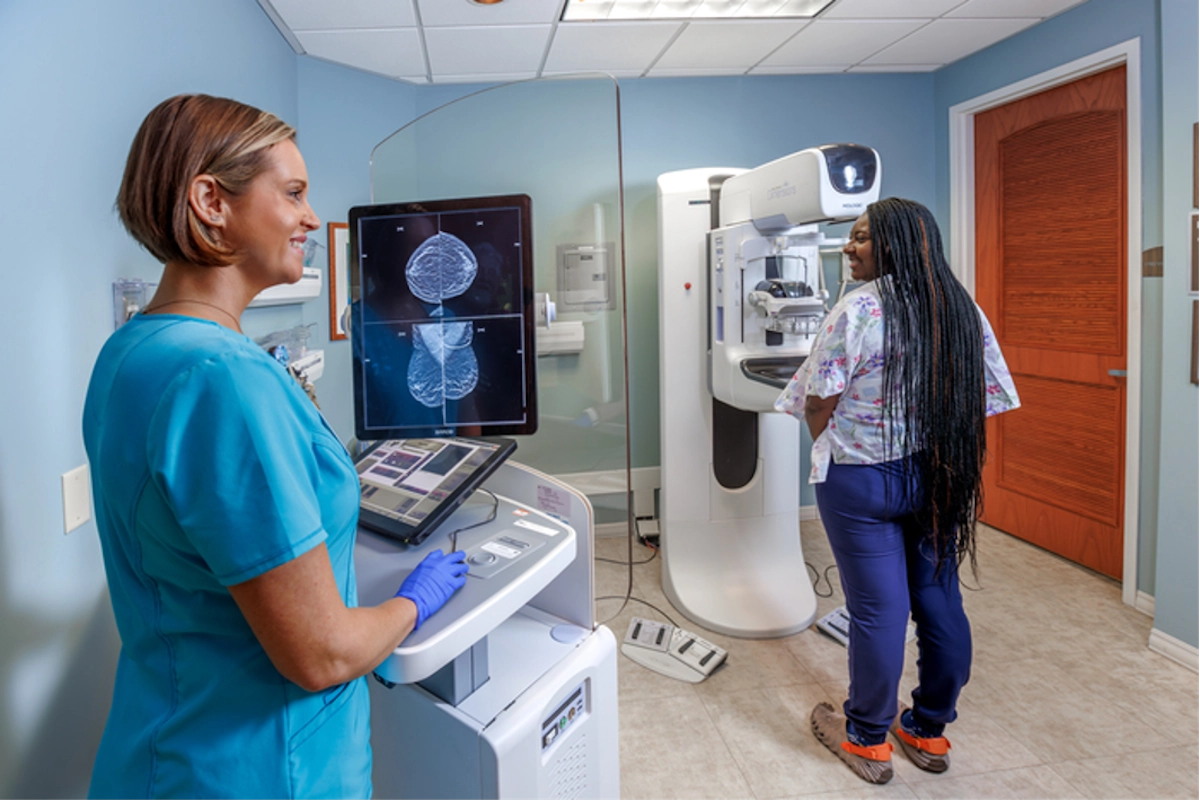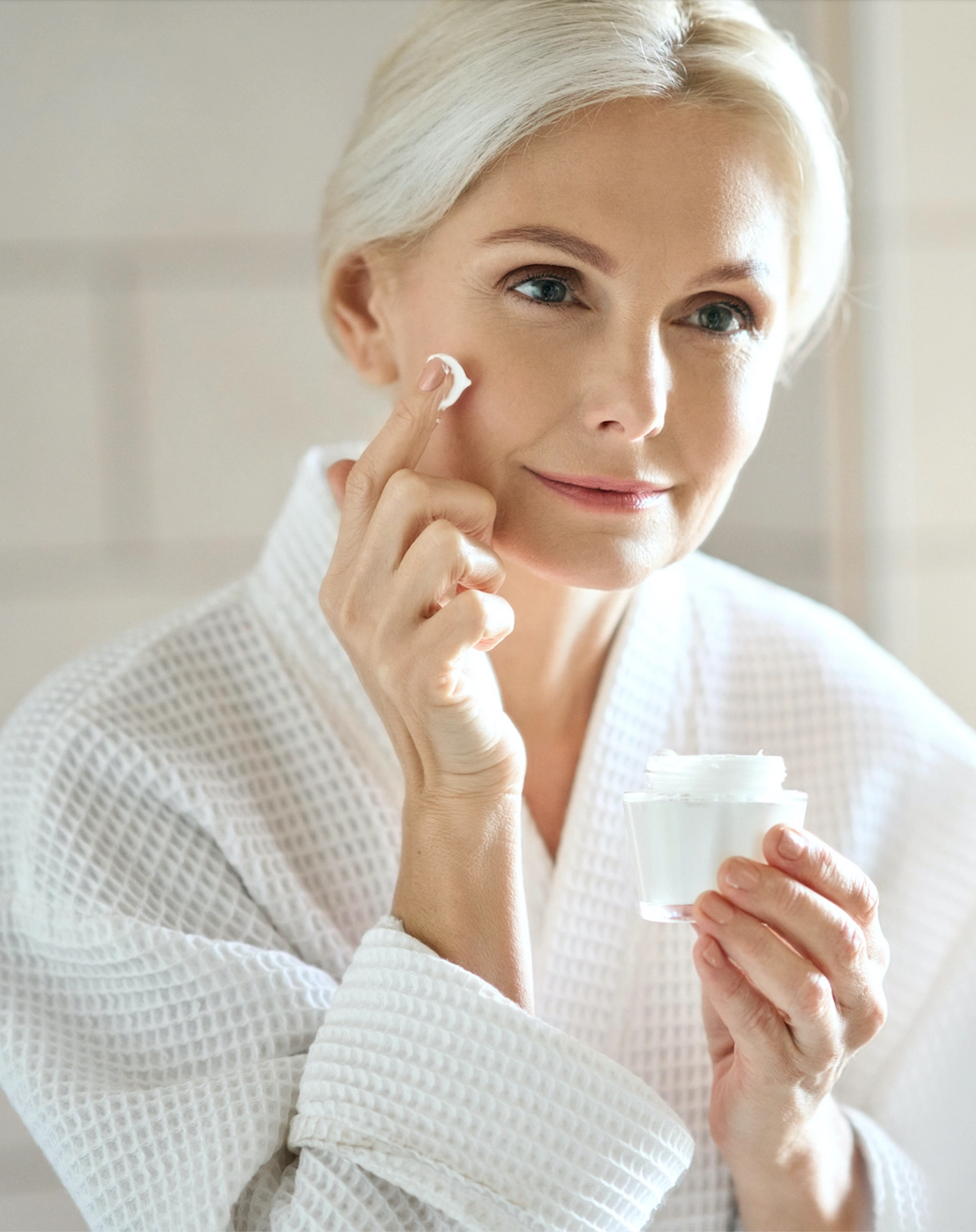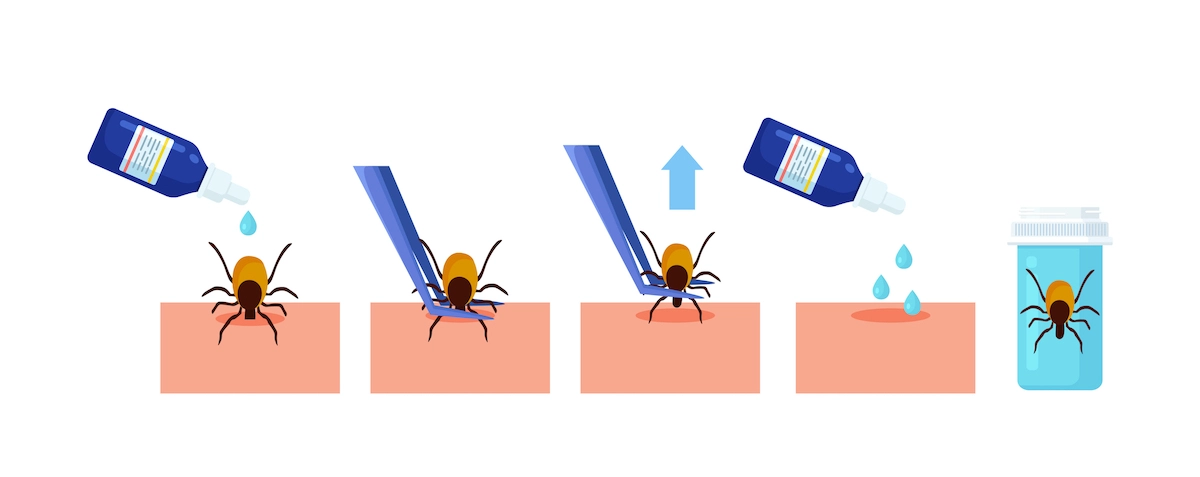
Women often take on the responsibility of coordinating their family’s health care needs. As a result, they may overlook their own. Comprehensive women’s health screenings are a crucial way to ensure women maintain awareness of their health.
When you stay up to date on these screenings, your health care provider can identify potential health issues early on, increasing the chance for better health outcomes.
“Regular screenings can detect many types of cancer in its early stages, when it is more likely to be treatable,” says Dr. Marlena Masavage, a board-certified OBGYN at Beaufort Memorial Obstetrics and Gynecology Specialists. “Screenings can also show signs of other serious health conditions, such as heart disease and diabetes.
Screenings in Your 20s and 30s
It’s common for young women to skip annual wellness visits. But it’s important to keep up with your preventive care even when you feel perfectly healthy. According to the U.S. Preventive Services Task Force and other leading organizations, recommended screenings during these decades include:
- Anxiety and depression screening
- Blood pressure screening
- Cervical cancer screening every three years
- Cholesterol screening
- Diabetes screening every three years starting at age 35
- Sexually transmitted infections and HIV screening if you are sexually active
Additionally, women at increased risk of breast cancer or colorectal cancer may need to start screenings for those conditions in their 30s.
Screenings in Your 40s and 50s
As we get older, our bodies change and are more susceptible to certain health conditions. Your provider can reference your personal health history to help detect small changes in your health if you keep up with regular health screenings.
The following screenings are recommended throughout your 40s and 50s:
- Blood pressure screening once per year
- Breast cancer screening beginning at age 40
- Cervical cancer screening every three to five years
- Cholesterol screening every five years starting at age 45
- Colorectal cancer screening at ages 45 and 55
- Diabetes screening every three years
- Lung cancer screening if you are a former or current heavy smoker, starting at age 50
- Osteoporosis screening in your 50s
Additionally, if your blood pressure, blood sugar or cholesterol is high, your providers can help you learn how you can reduce those numbers and lower your risk of heart disease and diabetes.
Screenings for 60 and Beyond
Comprehensive women’s health care is crucial as you enter your 60s. All women need a DEXA (bone density scan) for osteoporosis at age 65. You should also continue with regular screenings for diabetes and heart disease as long as you are in good health and according to your own personal risk factors.
Your provider may recommend stopping certain cancer screenings later in life. As we age, our overall health and risk factors may change, and some screenings may no longer be necessary or appropriate. Additionally, certain cancer screenings may pose more risks than benefits for older adults, such as false positives that can lead to unnecessary invasive procedures. Nevertheless, it is important to discuss your individual health needs and risk factors with your health care provider.
Your health care provider may recommend that you stop some cancer screenings, including:
- Breast cancer at age 75.
- Cervical cancer at age 65.
- Colorectal cancer at age 75.
- Lung cancer after age 80.
“We are here to help you navigate cancer screenings, stay up to date on vaccinations, look for signs of heart disease and prediabetes, and provide other preventive care services,” Dr. Masavage says. “We can also answer all your questions about birth control, pregnancy, menopause and everything else.”









